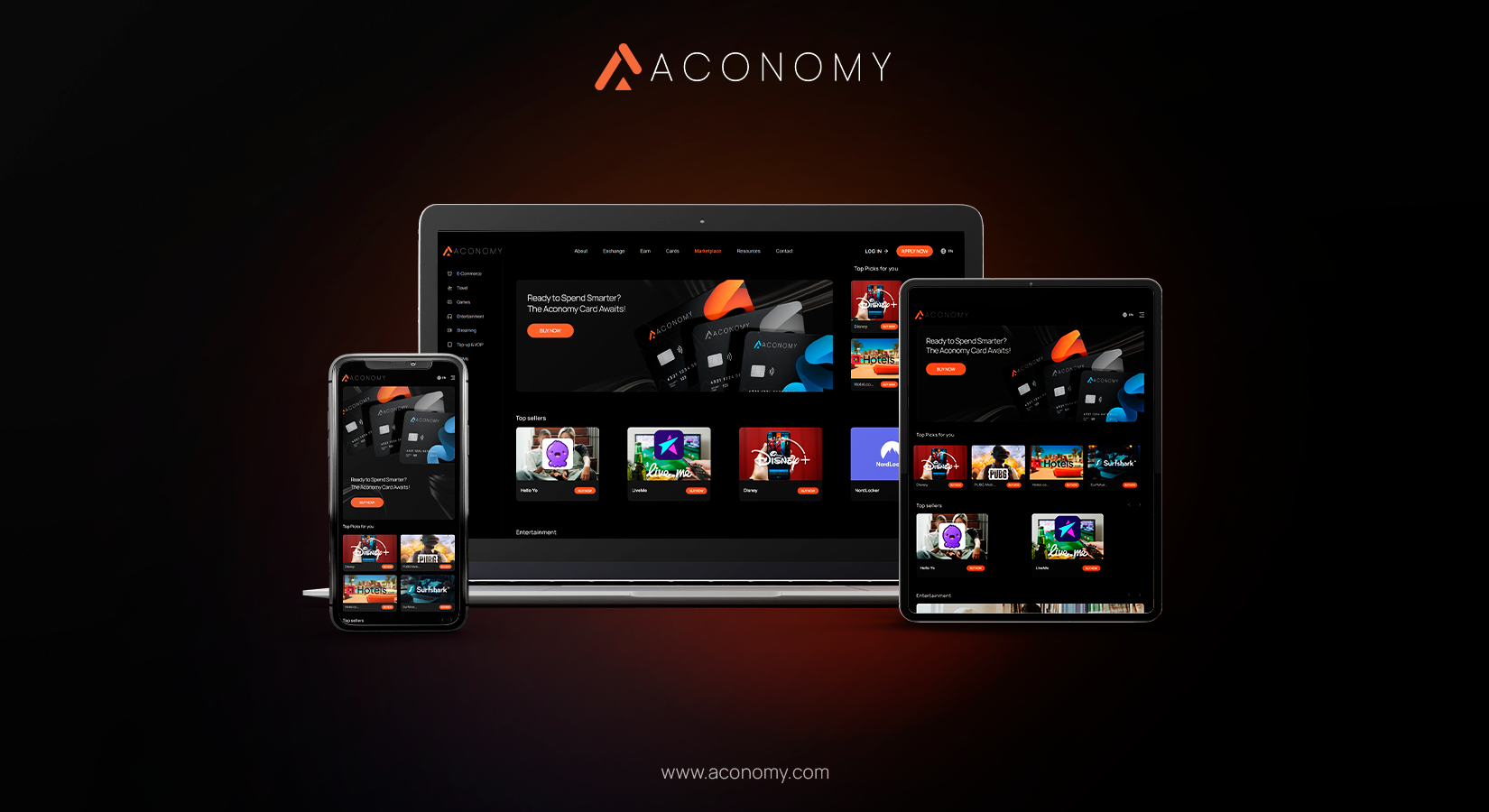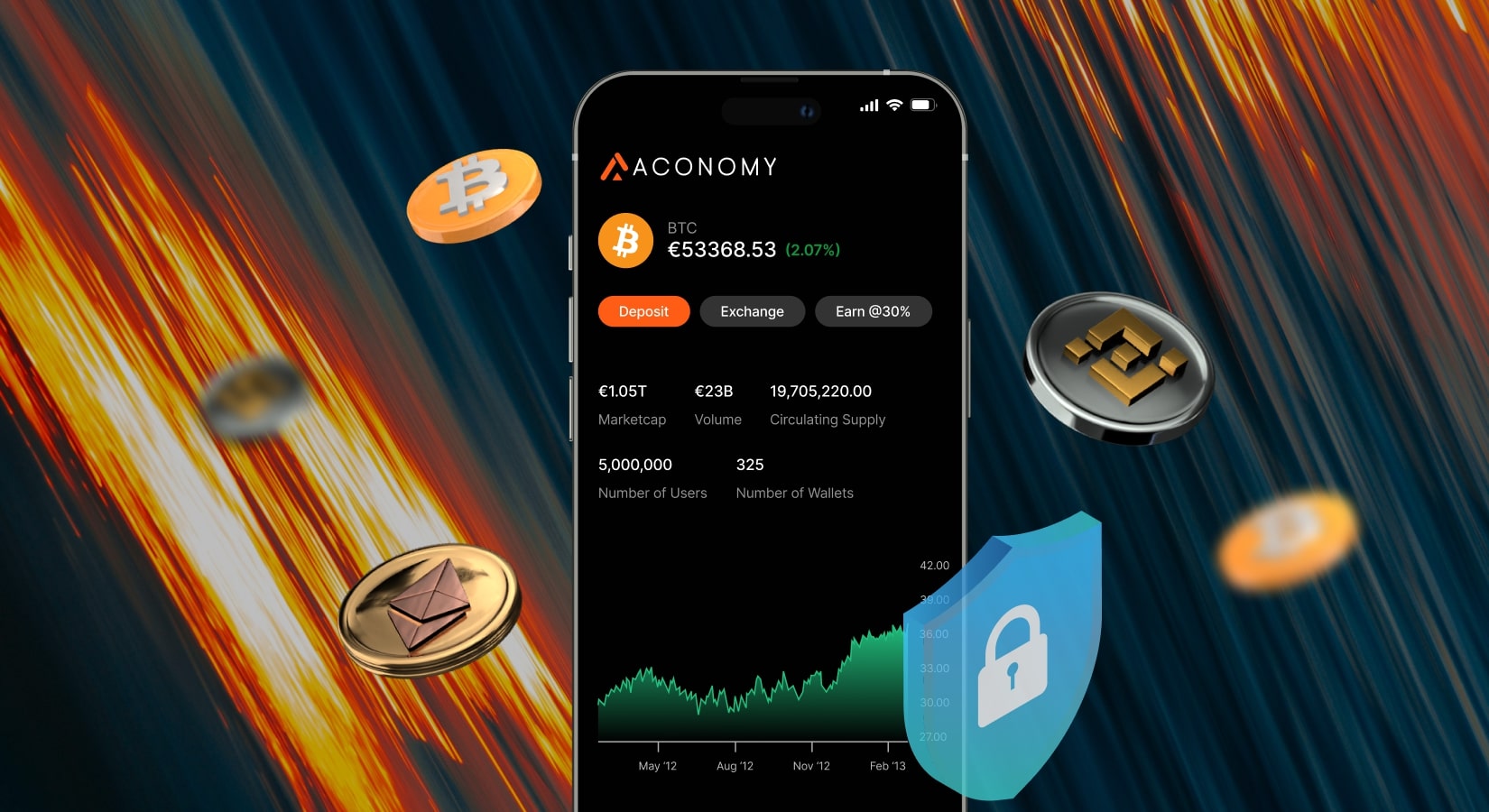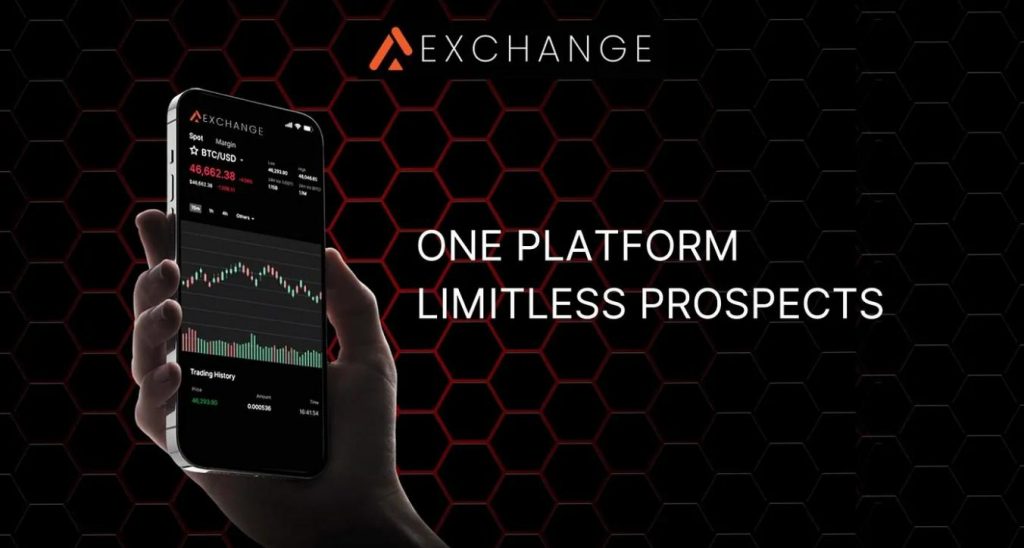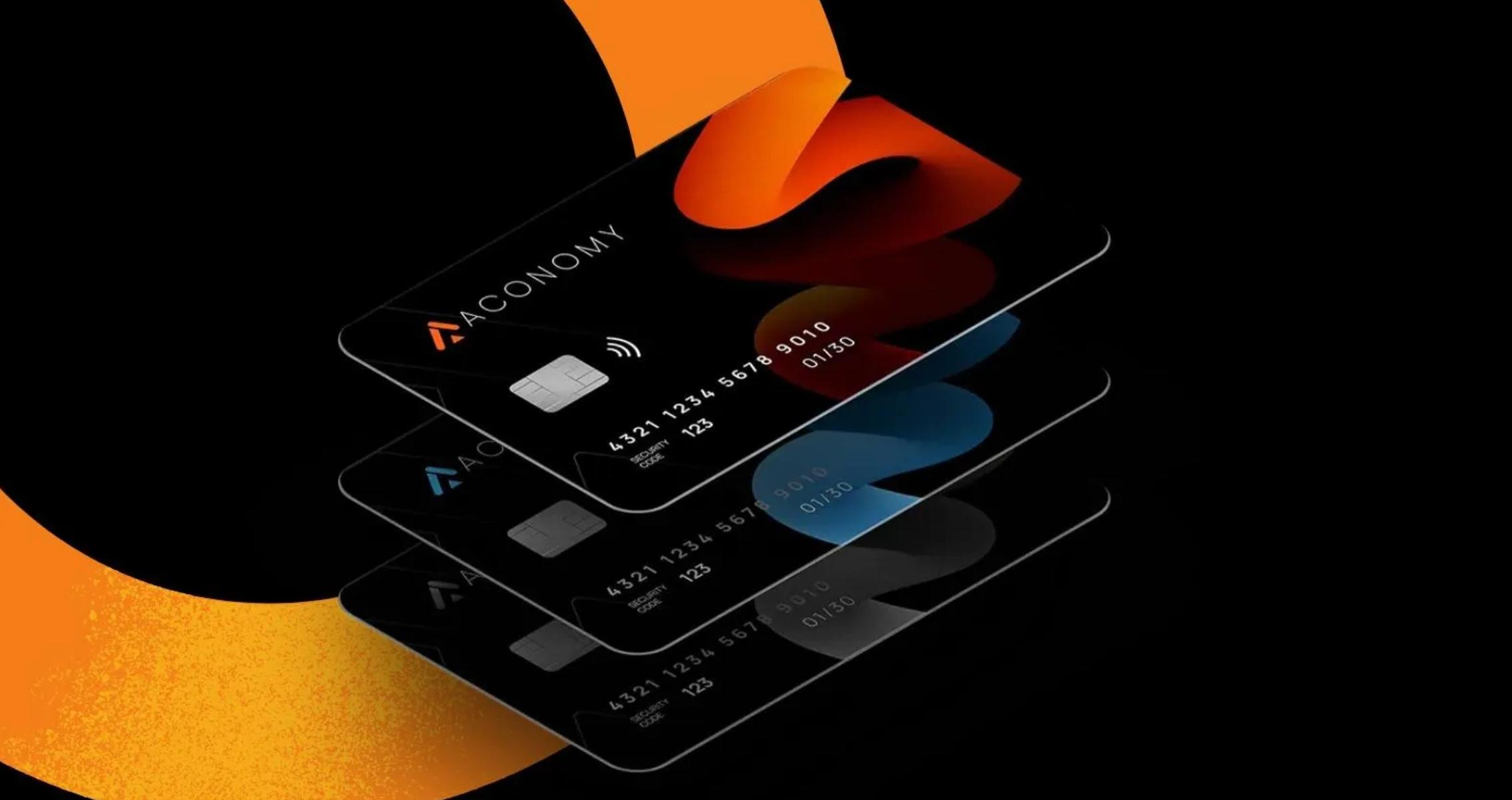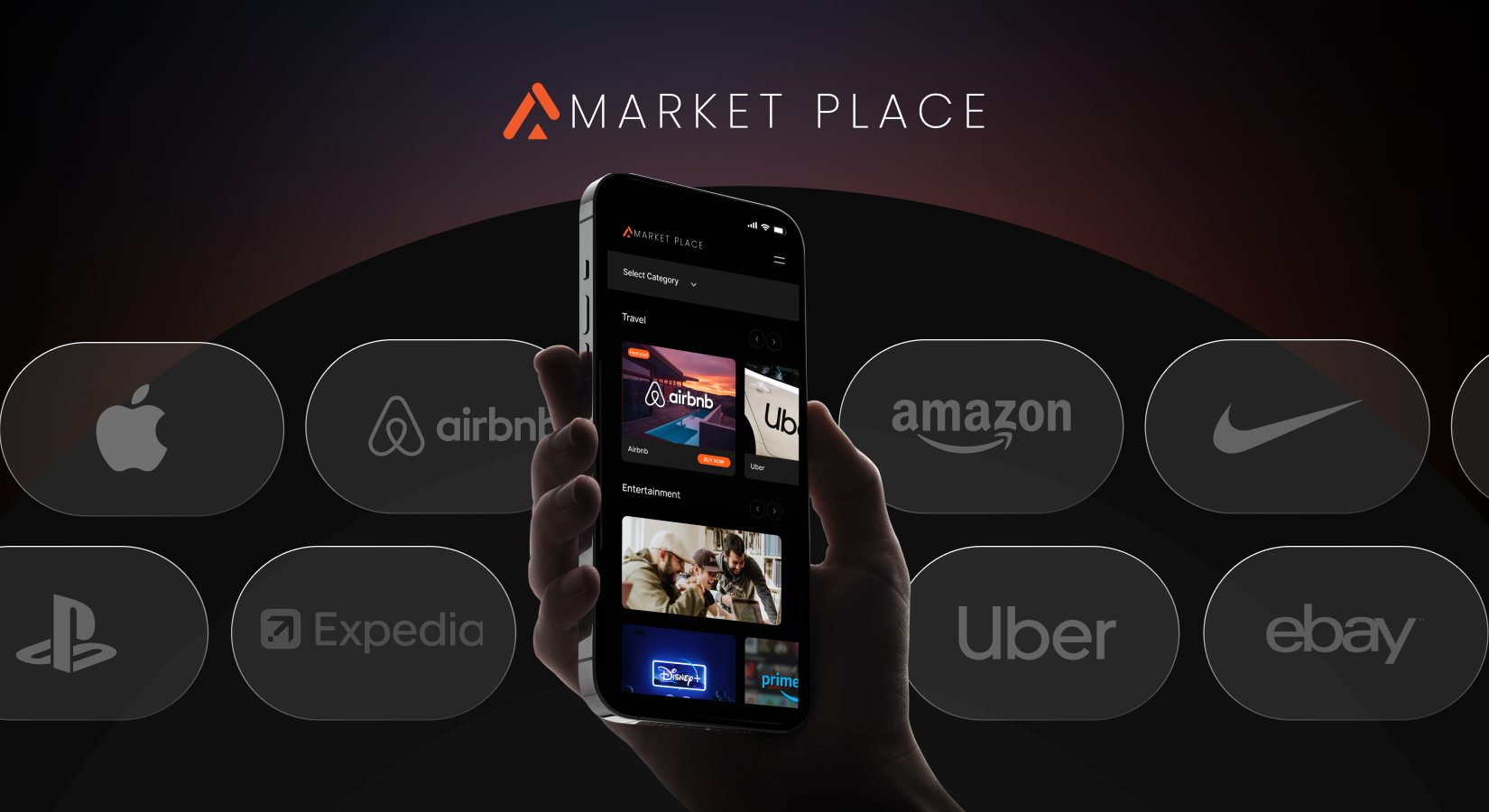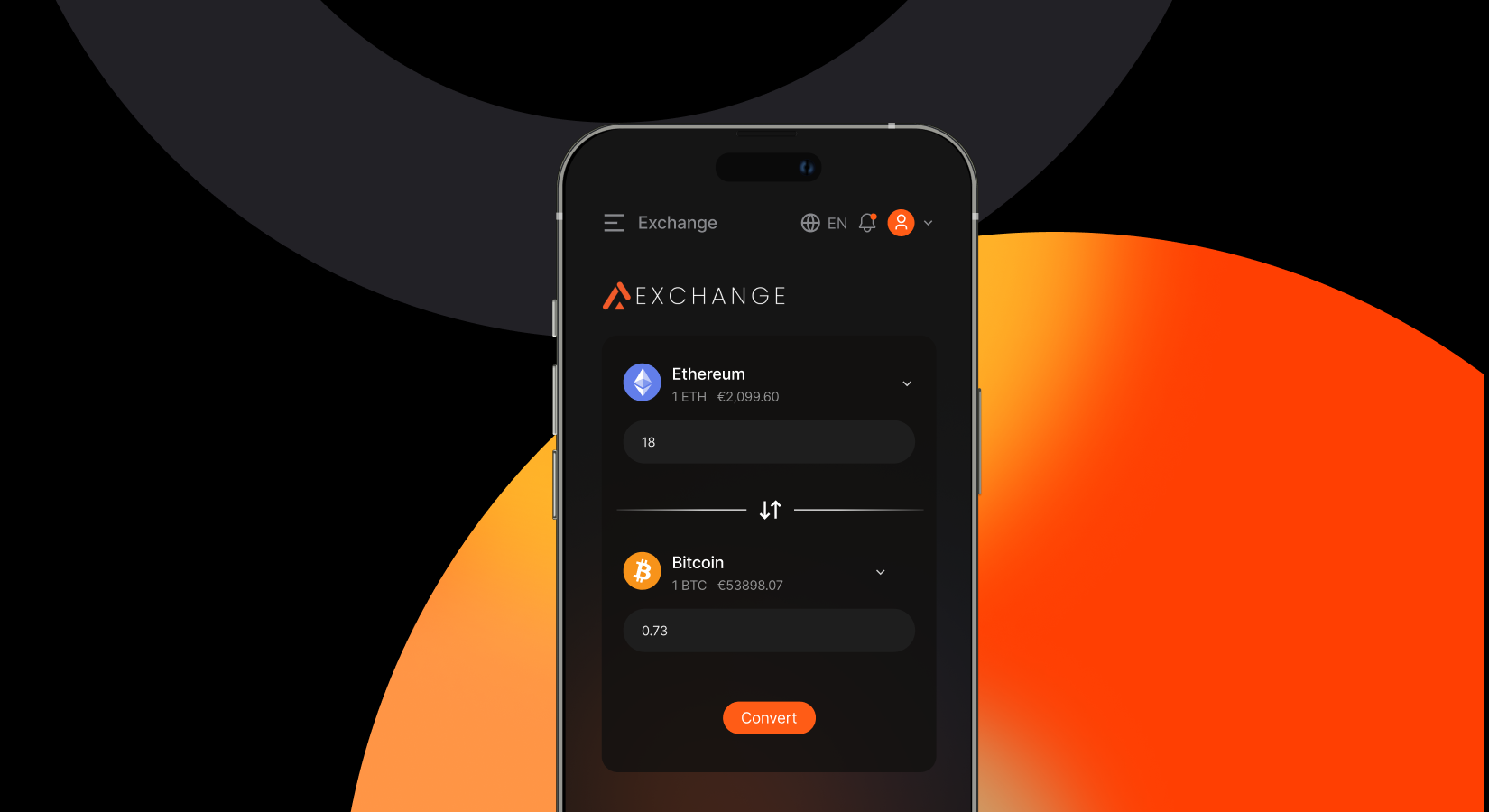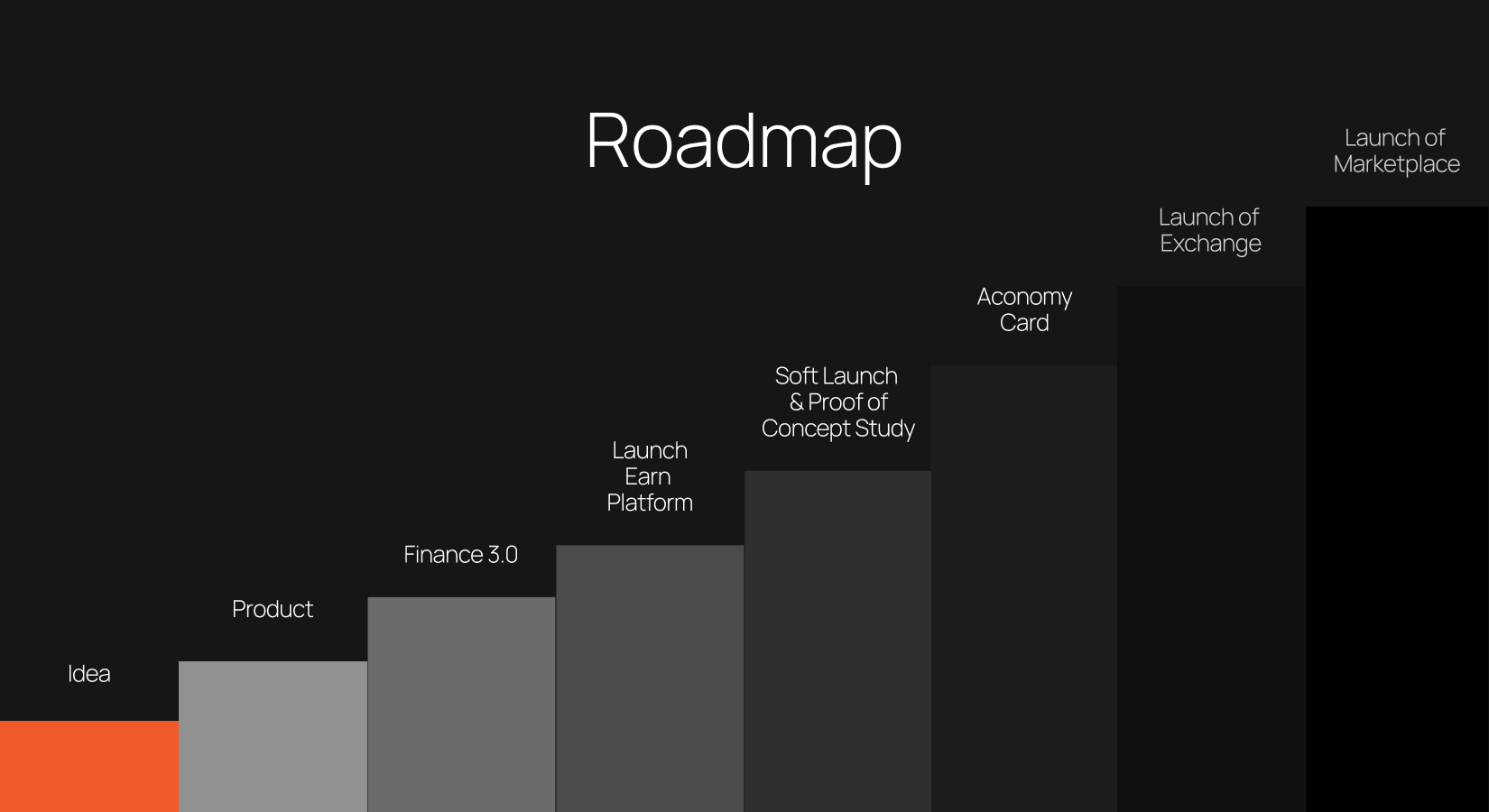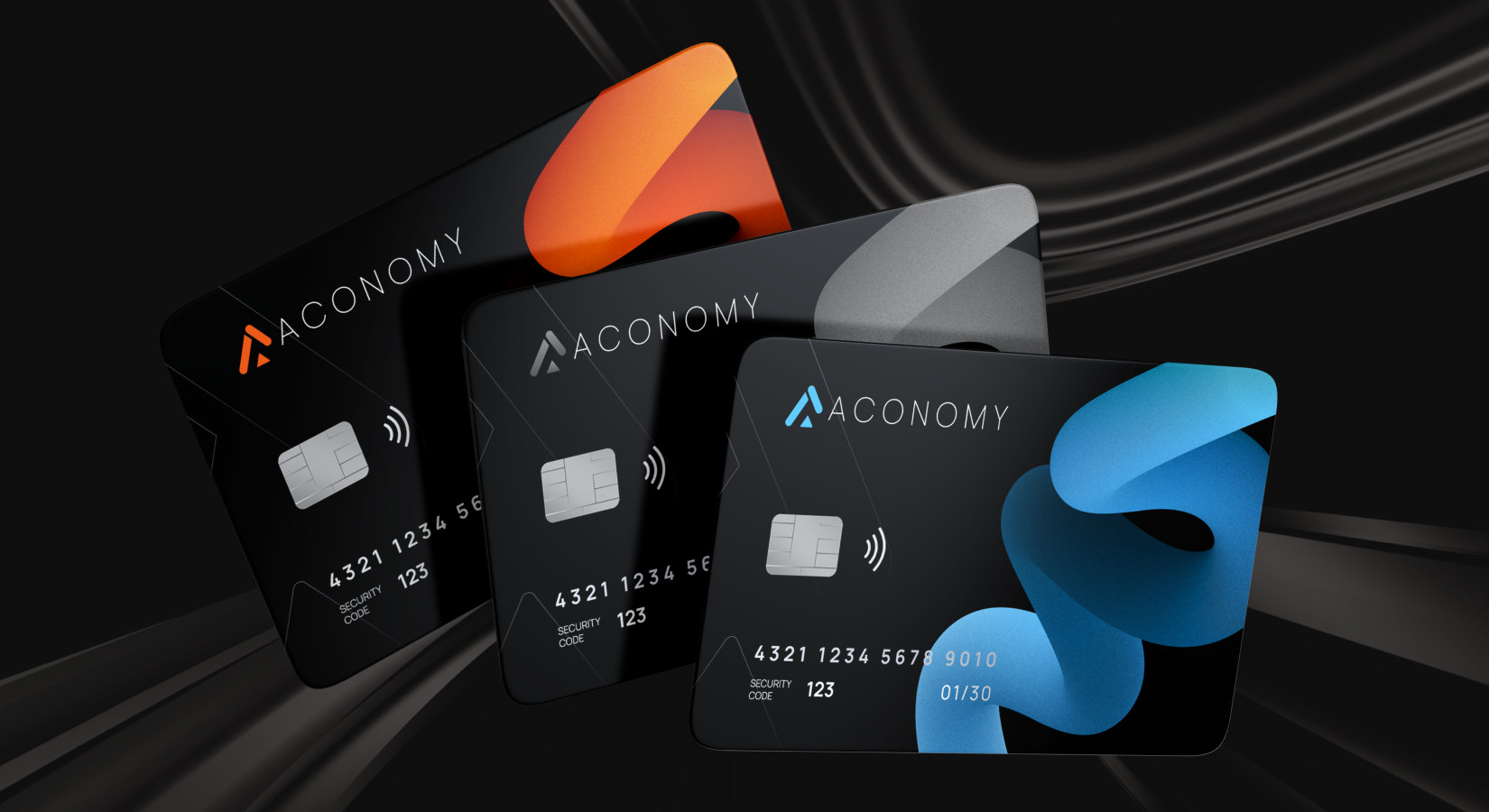As the world of cryptocurrency continues to evolve, finding a reliable, secure, and efficient crypto marketplace is more critical than ever. Whether you’re a seasoned trader, a crypto enthusiast, or a newcomer to the digital asset space, choosing the right platform can significantly impact your trading experience.
In this blog post, we explore the top 7 crypto marketplaces for 2025, highlighting their features, benefits, and what sets them apart. We’ll also discuss how Aconomy Marketplace is reshaping the crypto trading landscape, emerging as a leader in this rapidly growing industry.
What Is a Crypto Marketplace?
A crypto marketplace is a platform where individuals can buy, sell, and trade cryptocurrencies like Bitcoin, Ethereum, and a wide array of digital assets. Think of it as an online store, but instead of purchasing physical goods, you’re trading digital money.
These platforms act as intermediaries, connecting buyers and sellers while ensuring the transactions are secure and efficient.
How Does a Crypto Marketplace Work?
1. Account Creation
To begin using a crypto marketplace, you need to create an account. This typically involves providing basic information, setting a secure password, and verifying your identity with documents like a passport or driver’s license.
2. Depositing Funds
After account setup, you can deposit funds. Many platforms support traditional payment methods (fiat currencies like USD, EUR) or transfers from external cryptocurrency wallets.
3. Buying and Selling
- Buying Crypto: Place an order for your desired cryptocurrency. The platform matches you with a seller.
- Selling Crypto: List your digital assets for sale, and the platform connects you with a buyer.
4. Storing Crypto
Your purchased cryptocurrencies are stored in a wallet, either within the platform (hot wallet) or offline for added security (cold wallet).
5. Withdrawing Funds
When you wish to convert your cryptocurrency back into fiat money, you can sell it and withdraw the funds to your bank account.
Types of Crypto Marketplaces
1. Centralized Exchanges (CEX)
Centralized exchanges are run by companies that manage the platform, offering services like wallet management, trading tools, and customer support. Examples include Binance, Coinbase, and Aconomy Marketplace.
- Pros: Easy to use, highly liquid, and equipped with advanced trading features.
- Cons: Requires trust in the platform’s security and operations.
2. Decentralized Exchanges (DEX)
Decentralized exchanges operate without a central authority, leveraging blockchain technology to enable direct peer-to-peer trading. Popular examples include Uniswap and PancakeSwap.
- Pros: Greater privacy and complete control over funds.
- Cons: More complex interfaces, which may be challenging for beginners.
3. Peer-to-Peer (P2P) Marketplaces
Platforms like Paxful facilitate direct trading between users, supporting diverse payment methods such as bank transfers and gift cards.
- Pros: Flexible payment options and global reach.
- Cons: Slower transactions and potential risks if the platform lacks robust security measures.
Why Are Crypto Marketplaces Important?
1. Accessibility
Crypto marketplaces simplify the process of buying and selling digital assets, empowering users worldwide to participate in the financial system.
2. Diverse Asset Options
These platforms grant access to a wide range of cryptocurrencies, from Bitcoin to niche altcoins.
3. Investment Opportunities
Cryptocurrencies offer avenues for portfolio diversification and can act as a hedge against inflation.
4. Global Trading
Operating beyond geographical boundaries, crypto marketplaces facilitate seamless cross-border transactions.
The Top 7 Crypto Marketplaces for 2025
1. Aconomy Marketplace: Setting New Standards for Crypto Trading
Aconomy Marketplace is more than just a trading platform — it’s a comprehensive ecosystem tailored for traders of all experience levels. With a strong focus on security, user experience, and innovative features, Aconomy redefines the standards of crypto trading.
Key Features:
- User-Friendly Interface: Designed for beginners and experts alike.
- Multi-Layered Security: Implements advanced encryption, cold storage, and two-factor authentication.
- Diverse Asset Selection: Supports Bitcoin, Ethereum, and a wide variety of altcoins.
- Integrated Fiat-Crypto Gateway: Easily convert fiat money into crypto.
- DeFi Integration: Access decentralized finance applications directly.
Why Aconomy Stands Out:
With its focus on innovation and robust tools, Aconomy Marketplace is poised to become the best marketplace for crypto in 2025, catering to both individual traders and institutional investors.
2. Binance: A Global Leader
As one of the largest crypto marketplaces, Binance offers extensive features, from trading tools to decentralized finance (DeFi) projects.
Key Features:
- Over 500 cryptocurrencies.
- Advanced trading options, including futures and margin trading.
- Competitive fees for high-volume traders.
- Supports smart contract development via Binance Smart Chain (BSC).
3. Coinbase: Trusted and Beginner-Friendly
Coinbase is renowned for its simplicity and reliability, making it a favorite among newcomers.
Key Features:
- Beginner-friendly interface.
- Regulatory compliance ensures user protection.
- Advanced tools available through Coinbase Pro.
- Staking options to earn passive income.
4. Kraken: Secure and Versatile
Known for its high-security standards and wide range of trading options, Kraken is a top choice for retail and institutional traders alike.
Key Features:
- Advanced security protocols.
- Margin and futures trading with up to 50x leverage.
- Multiple fiat currency support.
- 24/7 customer support.
5. eToro: Social Trading for Beginners
eToro combines social trading with crypto investing, allowing users to learn by following experienced traders.
Key Features:
- Social trading tools to replicate successful strategies.
- Support for multiple assets, including stocks and forex.
- Licensed and regulated for user protection.
6. Huobi Global: High Liquidity and Innovation
Huobi Global caters to a global audience with innovative features and a focus on staking and lending.
Key Features:
- High liquidity for smooth transactions.
- Supports over 130 countries.
- Exclusive benefits for holders of Huobi Token (HT).
7. OKX: Advanced Tools for Professionals
OKX delivers professional-grade tools for advanced traders, including derivatives and DeFi staking.
Key Features:
- Derivatives and options trading.
- Customizable trading dashboards.
- Comprehensive educational resources for advanced users.
Choosing the Right Crypto Marketplace
When selecting a platform, consider factors such as:
- Security: Look for platforms with encryption and cold storage.
- Ease of Use: Ensure the interface is intuitive.
- Asset Diversity: Access to multiple cryptocurrencies is essential.
- Trading Tools: Advanced features like margin trading can enhance your experience.
- Fees: Opt for competitive transaction fees.
- Customer Support: Reliable assistance is vital.
Conclusion: The Future of Crypto Marketplaces
As we move into 2025, the demand for secure and innovative crypto marketplaces will only grow. Among the leading platforms, Aconomy Marketplace stands out for its commitment to security, accessibility, and innovation.
Whether you’re a beginner exploring the best marketplace for crypto or a seasoned trader seeking advanced tools, Aconomy offers a comprehensive solution. Start your journey today and unlock the potential of the best marketplace for crypto in 2025.
You can also reach out to the Aconomy team directly through the contact form on the website or by emailing [email protected] for any additional information.
